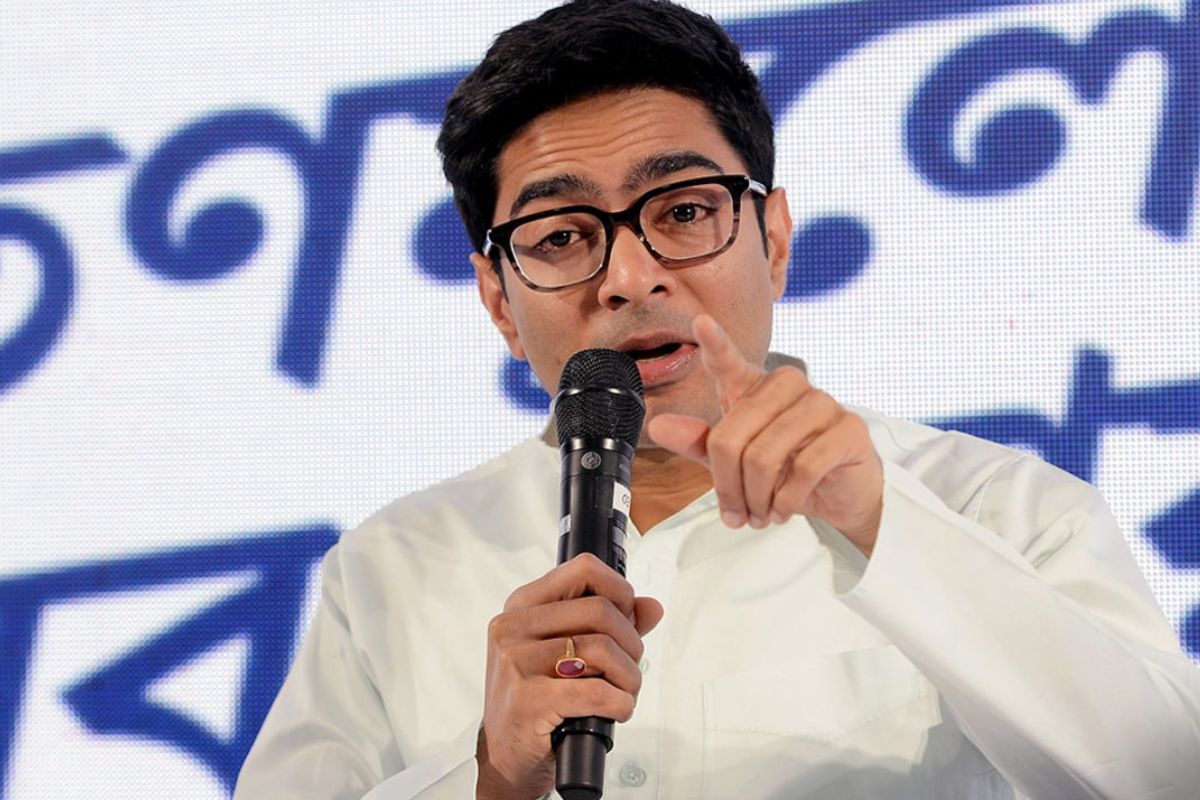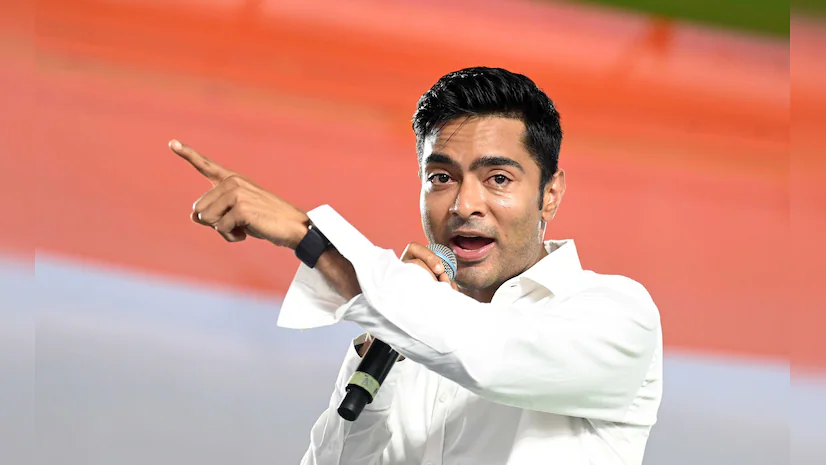The Trinamool Congress has announced that Abhishek Banerjee will step in for former cricketer and Member of Parliament Yusuf Pathan in the high-level delegation taking India’s message against terrorism to global audiences. This move comes after internal debates over how party representatives were being selected for the programme.
Background: India’s Global Outreach Programme
)
Launched shortly after the Indian military’s Operation Sindoor, the outreach initiative aims to strengthen India’s position on the global stage against terrorism. The seven delegations, each led by MPs from different parties, will visit countries including Indonesia, Malaysia, South Korea, Japan, and Singapore to present India’s message of zero tolerance towards terrorism.
Why Abhishek Banerjee’s Inclusion Matters
Abhishek Banerjee, nephew of West Bengal Chief Minister Mamata Banerjee and a key figure in the Trinamool Congress, is seen as a strong voice against terrorism. The party emphasized that his inclusion “brings both conviction and clarity to the table,” particularly representing Bengal’s firm stand on terrorism.
The move also followed some disagreement within the party, as the Trinamool Congress had objected to the central government selecting MPs for the outreach delegation without prior consultation with party leadership. Mamata Banerjee herself threatened to withdraw from the delegation, though she later softened her stance after discussions with Union Minister Kiren Rijiju, as reported by The Times of India.
The Delegation and Its Itinerary

Abhishek Banerjee will join a delegation led by JDU’s Sanjay Kumar Jha, which also includes MPs from BJP, NCP, Shiv Sena, and DMK. The group is scheduled to leave on May 22, 2025, to visit key Asian nations to promote India’s stance on counter-terrorism and strengthen diplomatic ties, according to the The Hindu.
The outreach programme was announced on Saturday to project the country’s national consensus and resolute approach to combating terrorism. “The all-party delegations would carry forth to the world the country’s strong message of zero-tolerance against terrorism,” the government had said.
The seven delegations would be headed by the Congress’s Shashi Tharoor, the BJP’s Ravi Shankar Prasad and Baijayant Panda, the JDU’s Sanjay Kumar Jha, NCP’s Supriya Sule, Shiv Sena’s Shrikant Shinde, and the DMK’s Kanimozhi.
The outreach follows Operation Sindoor, under which Indian forces struck terror camps in Pakistan and Pakistan-Occupied Kashmir (POK) in response to the Pahalgam terror attack.
Conclusion
The reshuffle demonstrates the balancing act between national interest and internal party dynamics. While the initiative focuses on presenting a unified stance against terrorism, it also underscores the importance of political cooperation and transparency in such high-profile efforts.
For further context on Operation Sindoor and India’s broader counterterror strategy, explore official defense sources and strategic analysis platforms.









